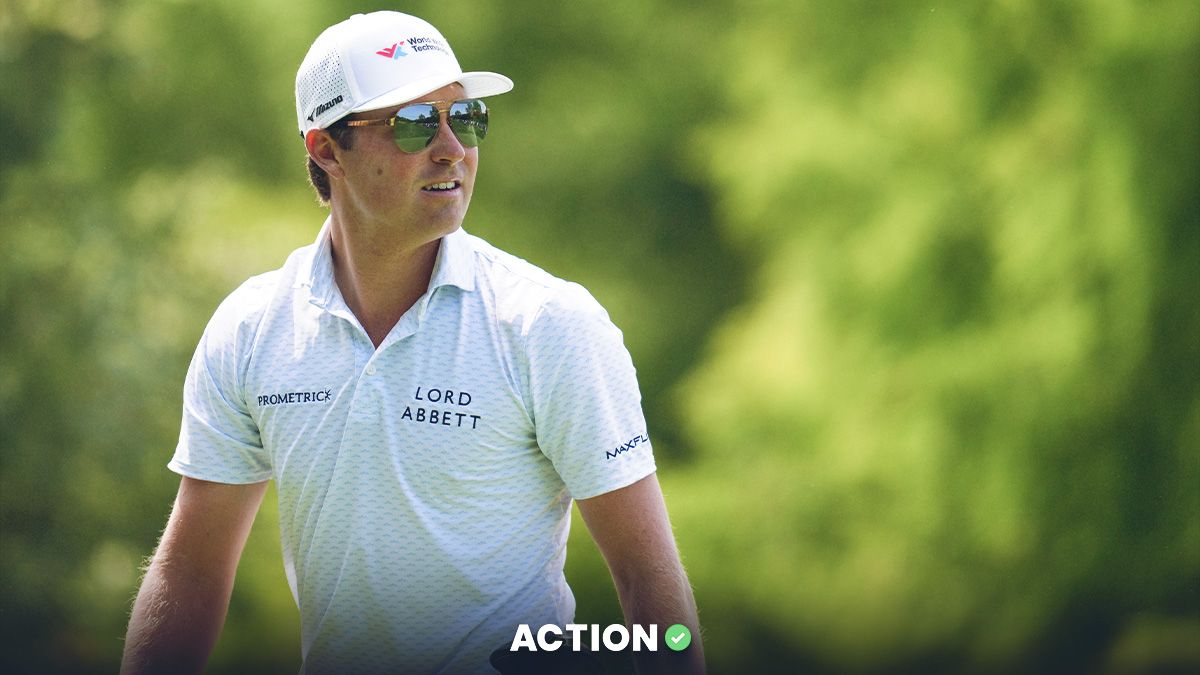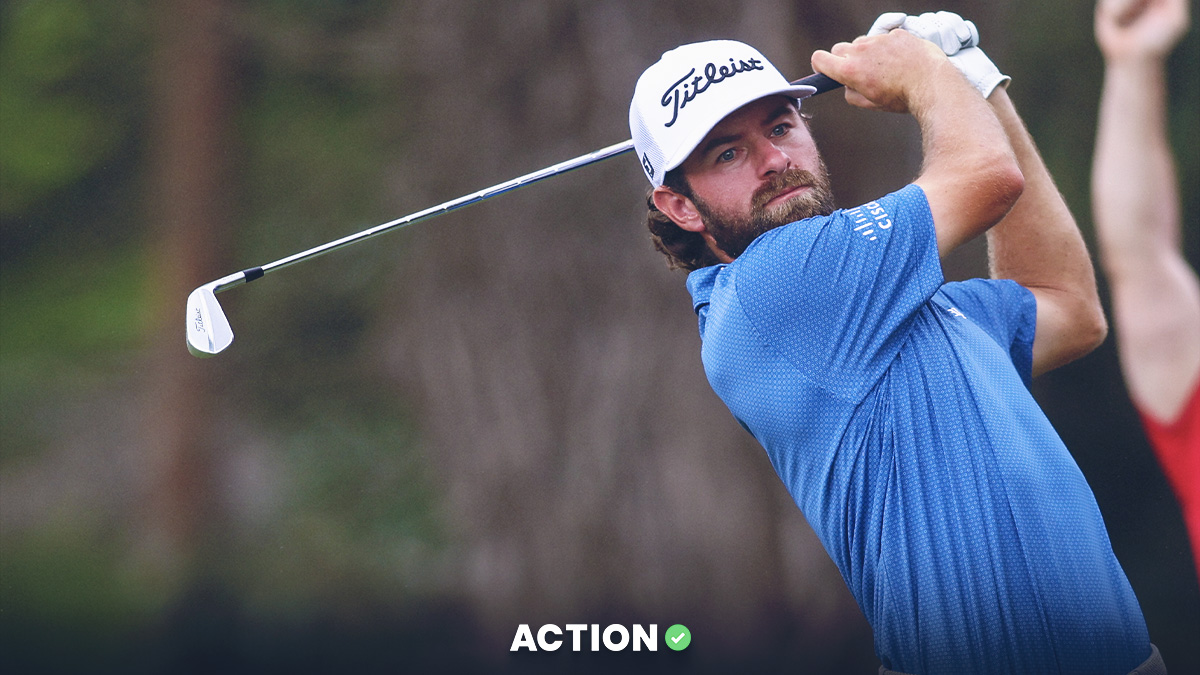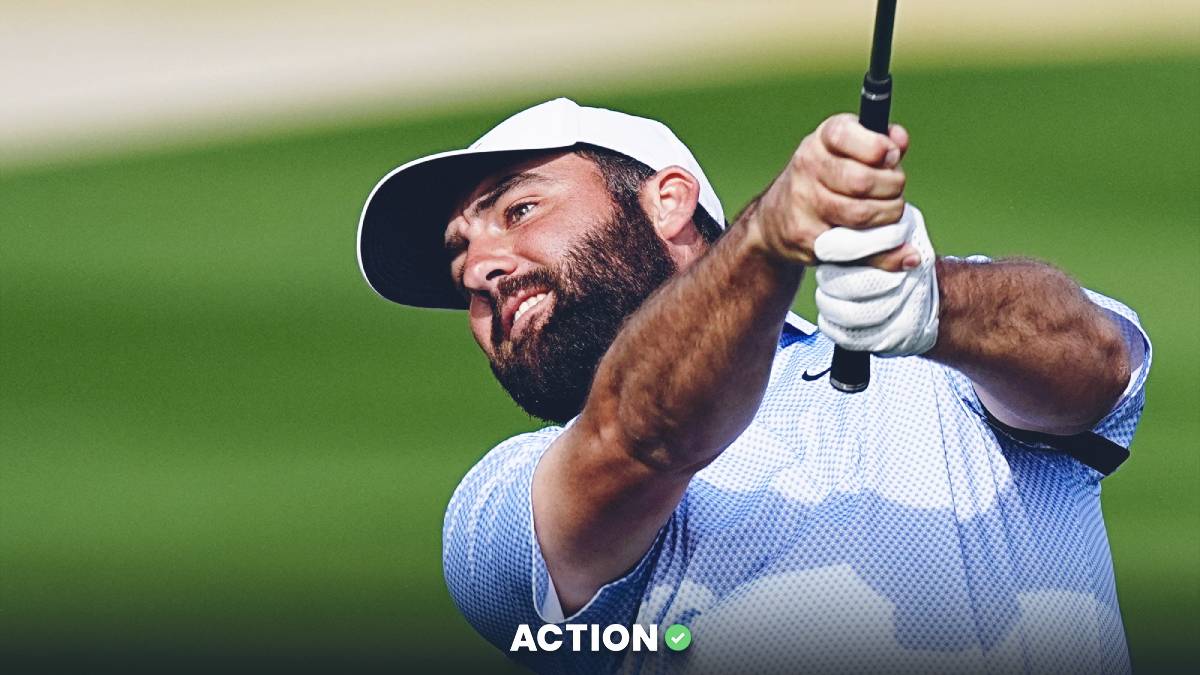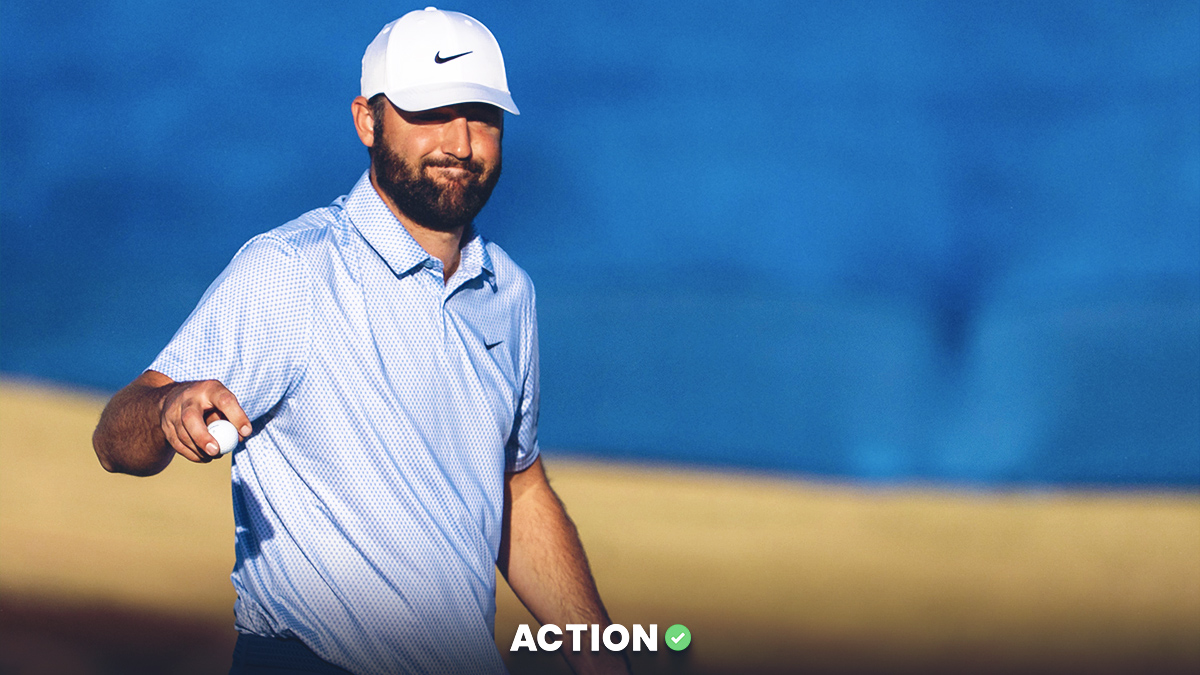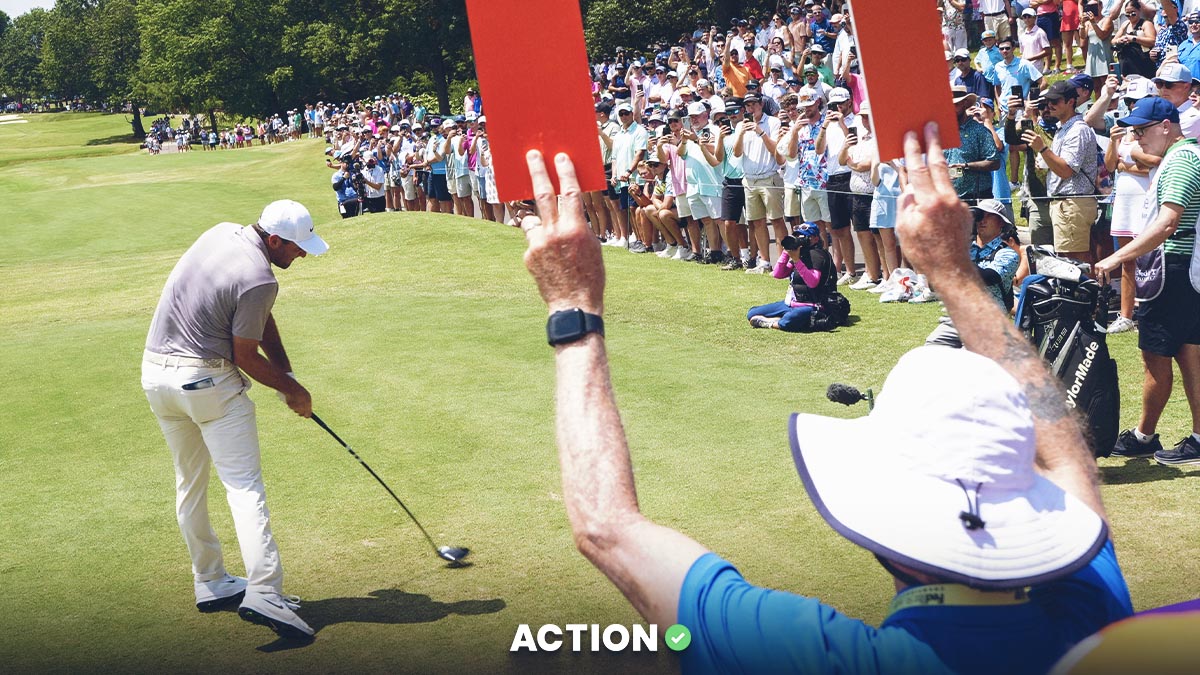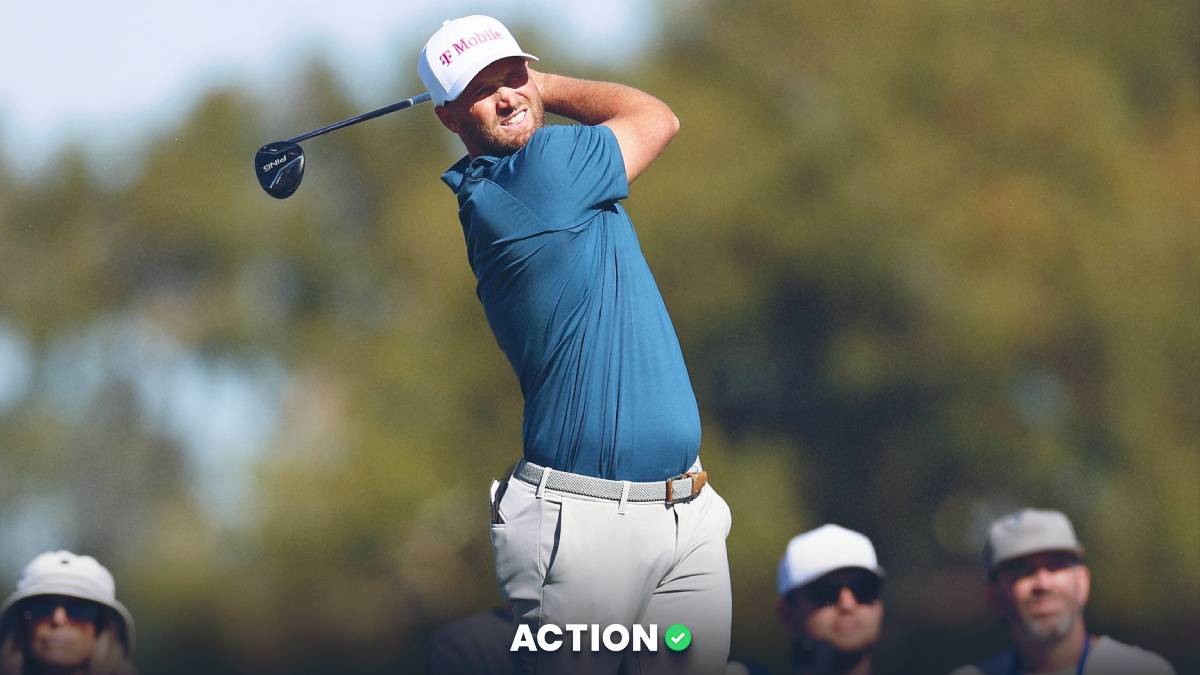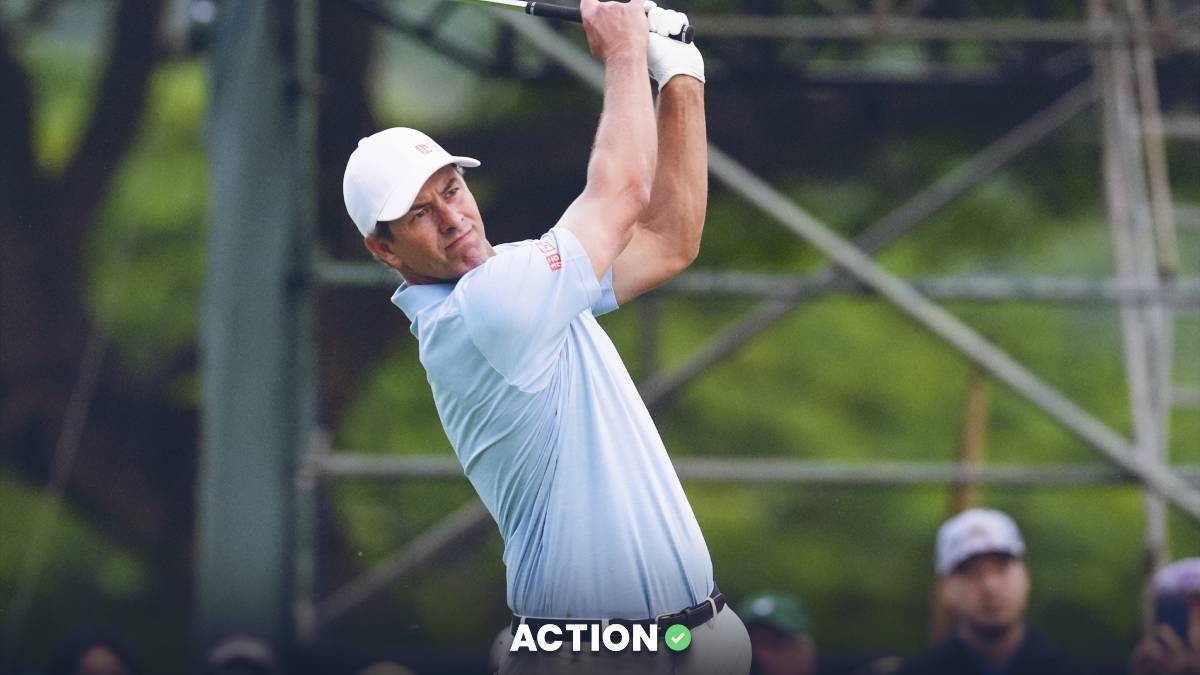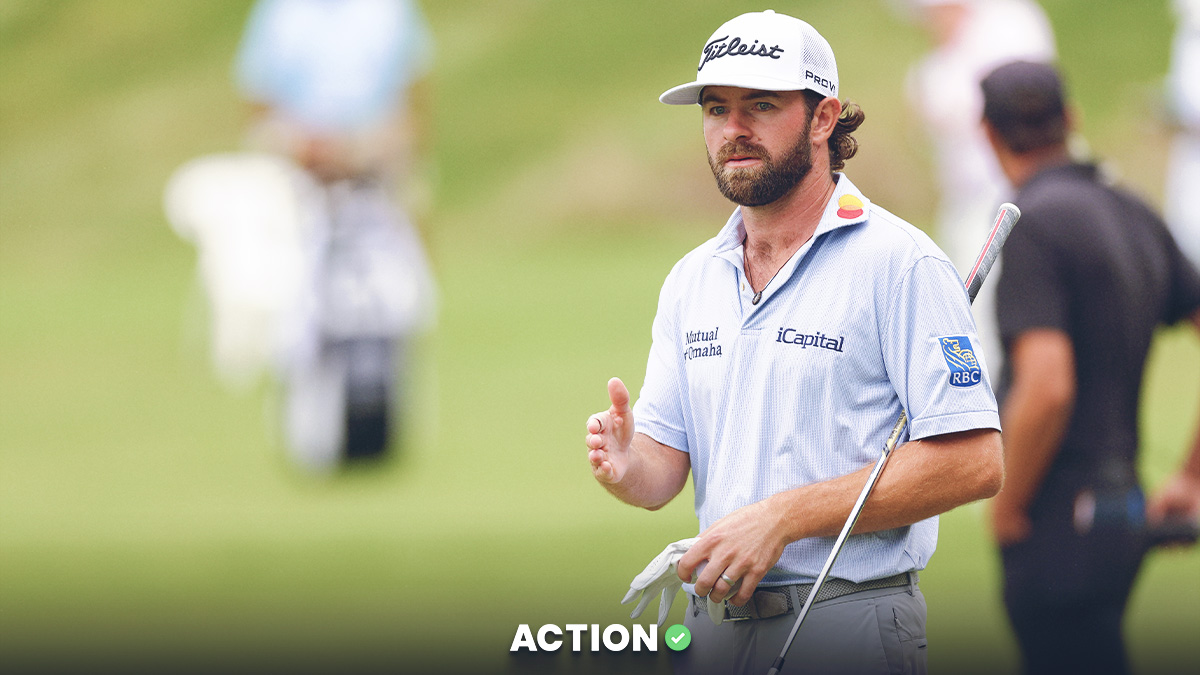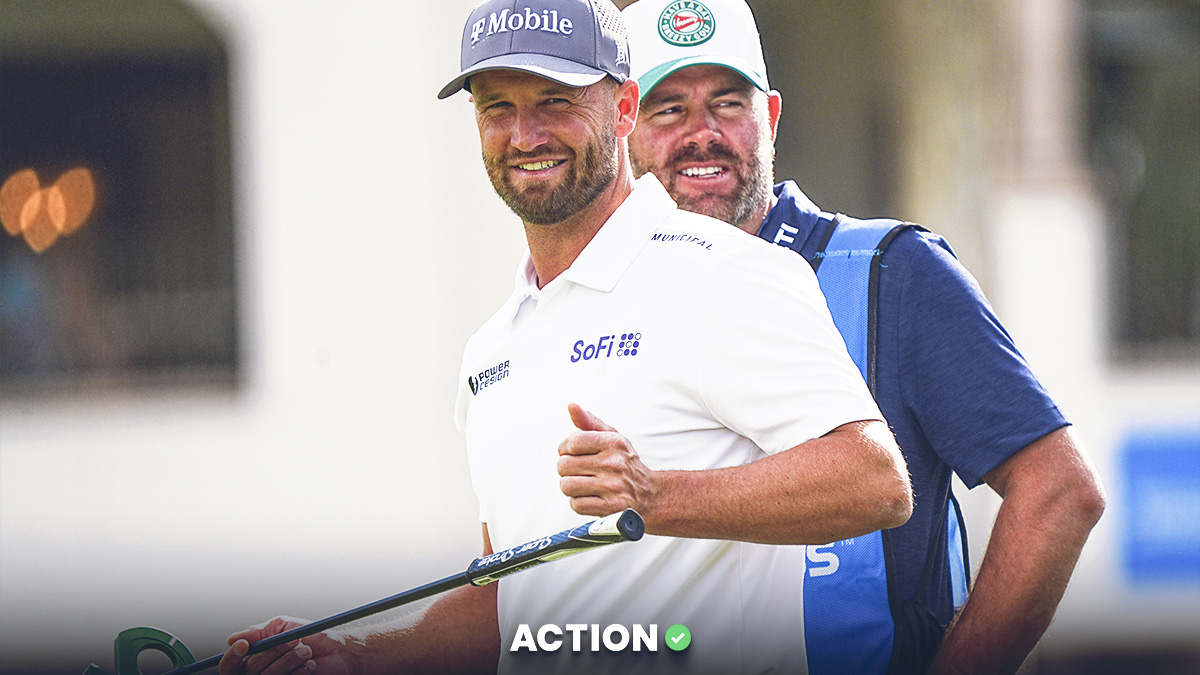After a dominating performance from the pre-tournament favorite last week in Bryson DeChambeau, the tour will move on without him this week to Dublin, Ohio, for the first ever Workday Charity Open.
You might have heard of the course before: Muirfield Village, which is also the host of the Memorial Tournament … which will take place next week. That's right: The unusual golf course doubleheader.
We have a lot of data on Muirfield, although it's been reported that they will try to set up the course differently across the two events. Let's dive into the overall data on Muirfield and then discuss those changes and how they'll affect the field this week.
The Most Predictive Stats at Muirfield Village
Using FantasyLabs data, we can look at how golfers in the 90th-plus percentile for each stat entering Colonial have historically performed. It measures their performance against a salary-based expectation. And while that might seem like a weird way to go about it, note that DFS salaries in golf are highly correlated with odds to win.
That means we can lean on DFS data and the baseline it provides to measure stats.
The data is pretty conclusive: This is definitely a ball-striker's track. Accuracy off the tee was one of the most predictive metrics, as were par-3 scoring, scrambling and a variety of consistency metrics.
Bryson has shown that he can power through any course, even if it sets up for ball-strikers, but he's probably pretty unique in that strategy. I would surmise that the next two weeks will really highlight the golfers who can remain accurate on the fairways and into these greens plus the ones who are just hyper-consistent in their games.
That said, that may be less important in this first Muirfield event given the differences for this week specifically. From colleague Jason Sobel:
When the John Deere Classic was cancelled two months ago, this one-off event was created to fill that gap and will be contested at Muirfield Village with shorter distance, diminished rough and slower green speeds than next week’s Memorial Tournament on the very same course.
In other words: Expect another birdie-fest like we've seen the last month since the PGA TOUR returned from the COVID hiatus. If you're sick of scores in the 20-under range, you'll have to hold on for at least another week.
And that means that golfers who are able to make a ton of birdies will do well. Take Matthew Wolff, for example, last week: He obviously imploded on Sunday but was right there in contention and easily could've won.
Wolff has been excellent accumulating birdies in his short career; the problem, obviously, is that he's historically sprinkled them in with bogeys.
That highlights the difference in golfer's games: Some are fairly boom-or-bust like Wolff, Jon Rahm or Jordan Spieth, while others are highly consistent, almost never bogeying but also not often really scoring.
Some examples of the latter group are those ball-strikers in the mid-to-low tier like Russell Henley, Bud Cauley, Russell Knox and lately Jason Day. There's a type of course where grinding out pars is a way to contention; I'm not sure if that's the case this week, like it hasn't been at the courses we've seen of late.
Thus, I'd focus on golfers who have a larger range of outcomes — those who could miss the cut if they don't have it but can also accumulate the birdies and get to that 20-under score needed to contend.
In terms of ball-striking, I would still emphasize that over pure distance, especially given that the course already sets up for accurate players and should play even shorter than normal.
A lot of the boom-or-bust guys, alas, are the bombers, which does make this a pretty interesting week. But if you're able to find golfers with a Venn diagram hitting both of those things — ball-striking and massive birdie upside — then you'll be sitting pretty with your bets and DFS plays. Collin Morikawa, anyone?



